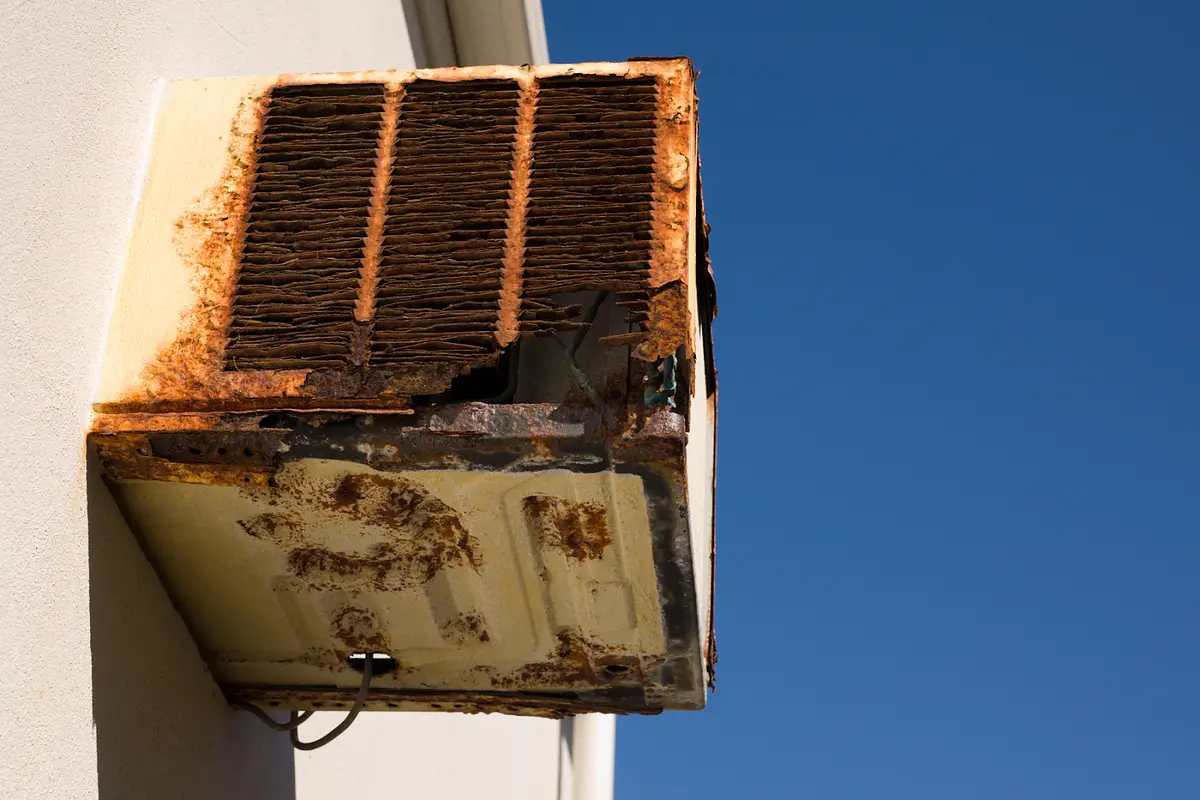Typhoon Safety: AC and Exhaust Fan Tips
Listen to the blog audio:

1. Will turning on the air conditioner during a typhoon damage the outdoor unit due to strong winds?
Correct answer: Wind and rain alone will not. Air conditioner outdoor units are designed for outdoor installation and can withstand normal strong winds and rain. The real risks come from:
- Unstable installation: If the brackets or screws are loose, strong winds may cause shifting or even falling.
- Impact from flying debris: Typhoons can propel debris into the outdoor unit, potentially damaging the casing or heat sink.
- Drainage blockage: Under heavy rain, if condensation water cannot drain, it may cause dripping or temporary shutdown.
👉 Recommendation: Before typhoon season, have a technician check the screws and brackets, and keep the drainage clear. When typhoon signals are in effect, do not go outside to check the windows to avoid danger.
2. During typhoons, humidity is high. Will air conditioners "inhale" moisture and cause breakdowns?
Correct answer: Air conditioners won't break due to "dehumidification," but high humidity affects performance. In Hong Kong, relative humidity often exceeds 90% on typhoon days. When the air conditioner is turned on:
- Dehumidification function increases load: The compressor needs more time to cool and dehumidify the air, and the room may feel "cool but still clammy."
- Increased drainage volume: Condensation water surges, and if the pipes are blocked, it can easily back up or drip.
- Stuffy indoor feeling: If there are gaps in windows allowing air leakage, humid outdoor air continuously seeps in, reducing air conditioning efficiency.
👉 What to do:
- Ensure drainage pipes are clear to prevent water leakage.
- Use the air conditioner with a dehumidifier or fan to improve circulation and dryness.
- Close windows and doors tightly to reduce outdoor humidity infiltration.
3. Can you turn on the exhaust fan during a typhoon?
Correct answer: It is advisable not to. There are two types of exhaust fans: one with a cord-controlled back panel, and another with a back panel that switches with the power. Regardless of the type, once the exhaust fan is turned on, it causes indoor air convection.
- Kitchen example: When exhausting air, air must enter to replenish through door gaps or window gaps; if that location is facing strong winds, turning on the exhaust fan will "give the wind a hand," causing outside wind and rain to blow into the house more violently.
- Result: Not only does it not help with safety, but it also increases indoor air pressure fluctuations, putting more pressure on windows and doors.
👉 What to do: During a typhoon, turn off the exhaust fan, ensure all doors and windows are tightly closed to avoid creating convection; if ventilation is needed, wait until the wind weakens before using it.
